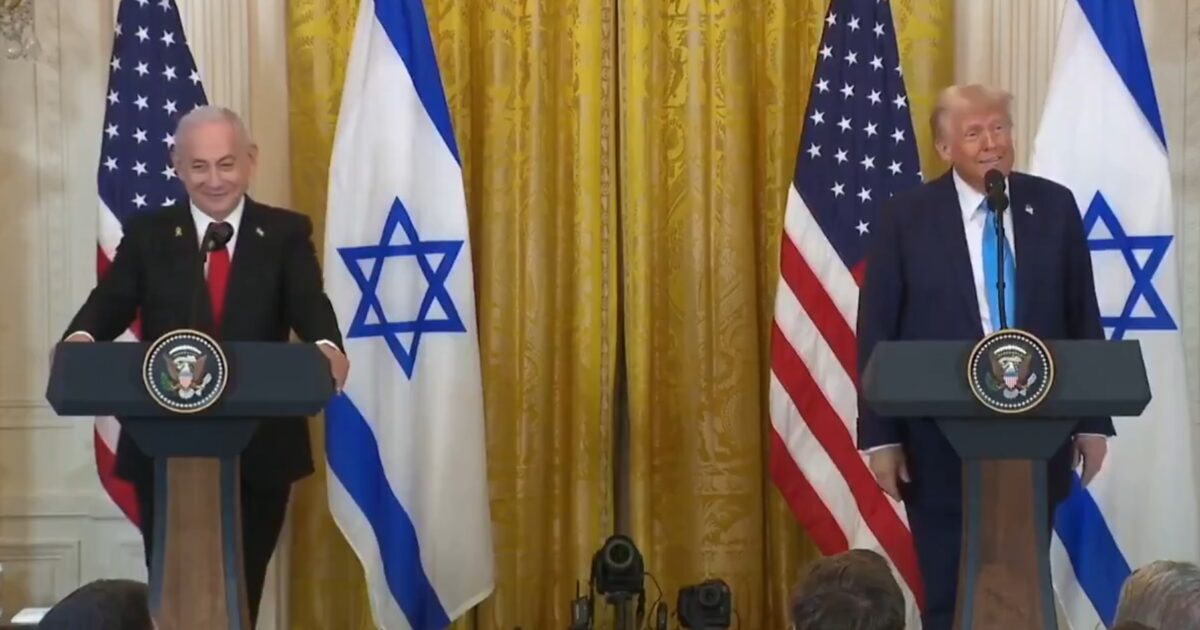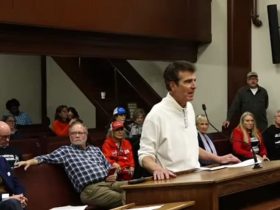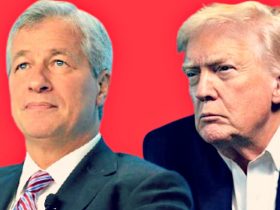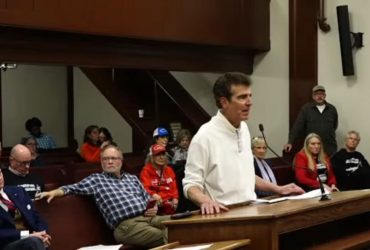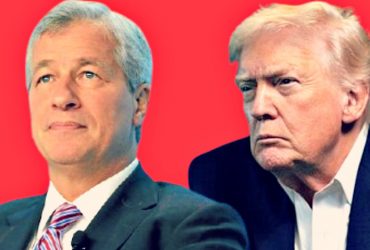Following Israeli and U.S. strikes on Iran’s nuclear facilities in mid-June, a ceasefire quickly took hold, averting fears of a broader Middle East conflict or economic disruptions.
The attacks, including U.S. B-2 bomber deployments to key sites like Fordow, aimed to cripple Tehran’s nuclear capabilities. Despite initial claims of total destruction, ongoing assessments reveal lingering threats.
President Trump has emphasized that Iran’s nuclear sites were severely damaged, but he has not ruled out future actions if necessary. In a recent Truth Social post, he questioned Iranian leaders’ victory claims, calling them unfounded.
The strikes delayed Iran’s bomb-making timeline by up to two years, as per Pentagon and Israeli estimates. Before the attacks, Tehran, allegedly, was months from a crude device.
During Israeli Prime Minister Benjamin Netanyahu’s White House visit last week, the leaders discussed Iran’s potential nuclear resurgence. Trump expressed reluctance for more U.S. bombings but supported diplomatic efforts to prevent Tehran from acquiring weapons. He did not oppose Israel’s readiness to strike independently if Iran advances its program.
Israeli intelligence indicates that while Natanz and Fordow sites are irreparably harmed, some near-bomb-grade uranium at Isfahan may have survived. Recovering this material would require significant effort from Iran. Israel remains vigilant, prepared to act to thwart any revival.
Tehran demands assurances against further attacks as a condition for resuming talks with Washington. Iranian President Masoud Pezeshkian has signaled openness to negotiations but insists on retaining uranium enrichment rights. This stance complicates prospects for a deal.
Trump seeks to expand demands, including limits on missiles and militias. Iran’s suspension of U.N. atomic agency cooperation must be reversed for effective monitoring. Addressing intact uranium stockpiles is crucial for any accord.
Trump’s strategy leverages the threat of renewed strikes to push Iran toward an agreement banning nuclear weapons development. He prioritizes zero enrichment while showing flexibility on other issues. Analysts note Trump’s desire to resolve the Iran challenge decisively.
European allies threaten to reimpose sanctions if Iran defies the IAEA, with an October deadline approaching. Iran warns such moves could lead to treaty withdrawal.
Israel doubts diplomacy alone can stop Iran’s secret pursuits, favoring proactive measures. A senior Israeli official stated that any Iranian attempts to reconstitute its program would be detected swiftly. Covert operations continue to target key Iranian figures.
Former U.S. negotiator Dennis Ross believes Iran will proceed cautiously, taking Israeli warnings seriously. This caution stems from the regime’s survival concerns post-strikes.
Internal Iranian debates favor caution over confrontation. A minority pushes for genuine talks, albeit wary of Trump’s demands.
As no formal talks are scheduled, the standoff continues, with Trump backing Israel’s security needs while pursuing peace.
The post Trump Stands with Israel Against Iran’s Alleged Nuclear Ambitions appeared first on The Gateway Pundit.

